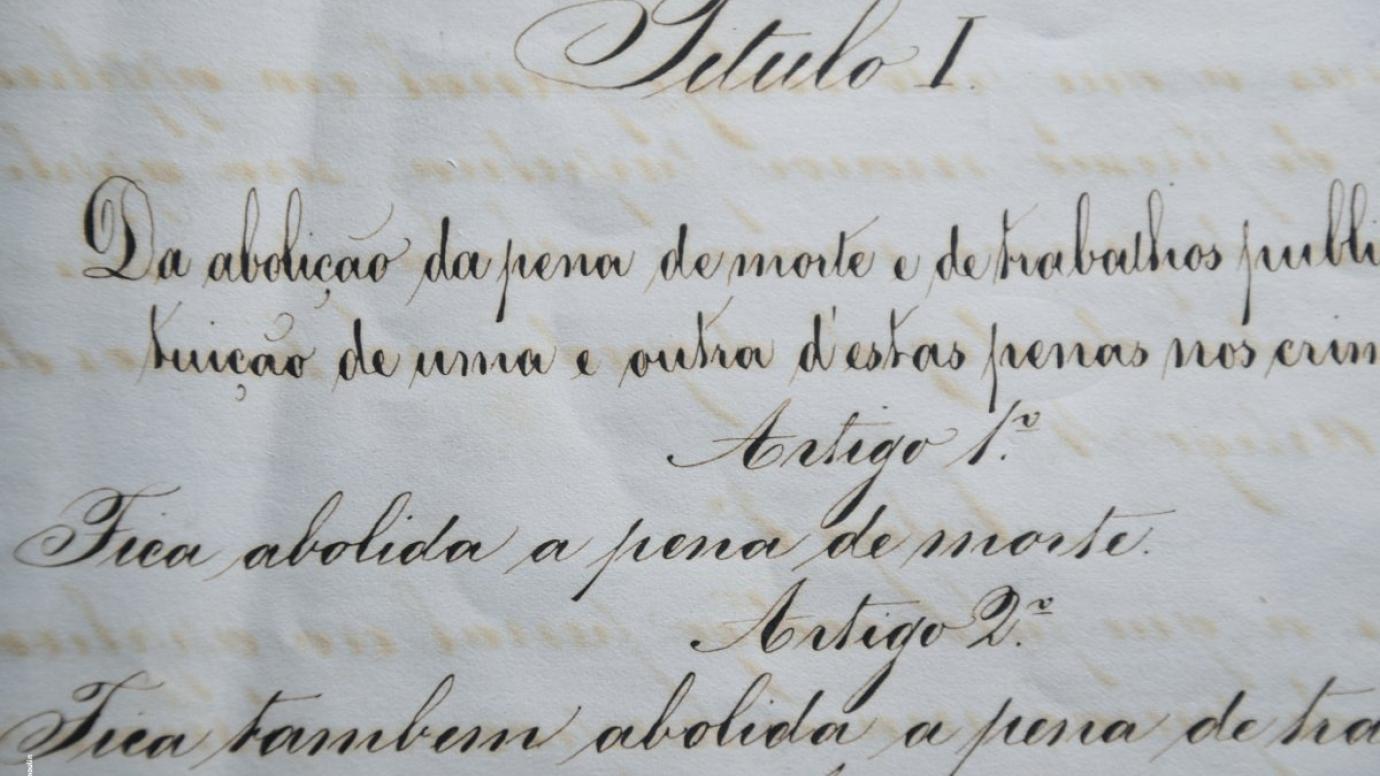Reference




OpenAI's Answer
Portugal is considered a pioneer in abolishing capital punishment because it was one of the first countries to permanently eliminate the death penalty from its legal system. The process began with the abolition of the death penalty for political crimes in 1852, followed by its abolition for civil crimes in 1867, and finally for all crimes in 1911.
The Charter of Law of Abolition of the Death Penalty, approved in 1867, marked a significant milestone, making Portugal a leading nation in the humanitarian movement against capital punishment. This law was one of the first in Europe to abolish the death penalty for civil crimes permanently, and today, it is recognized as part of the European Heritage Label for its historical and cultural significance.
For more information, you can explore the Milestones on the Abolition of the Death Penalty in Portugal.
Additionally, here's a related image commemorating the centenary of the abolition:

Follow Up
Related
Which boroughs were abolished or transferred by the London Government Act of 1963?
Why did Maxwell Fyfe oppose Sydney Silverman's bill to abolish capital punishment?
What were the key reasons for abolishing discharge by purchase in 1953?
What was the objective of abolishing coercive taxes for the Liberal People's Party?